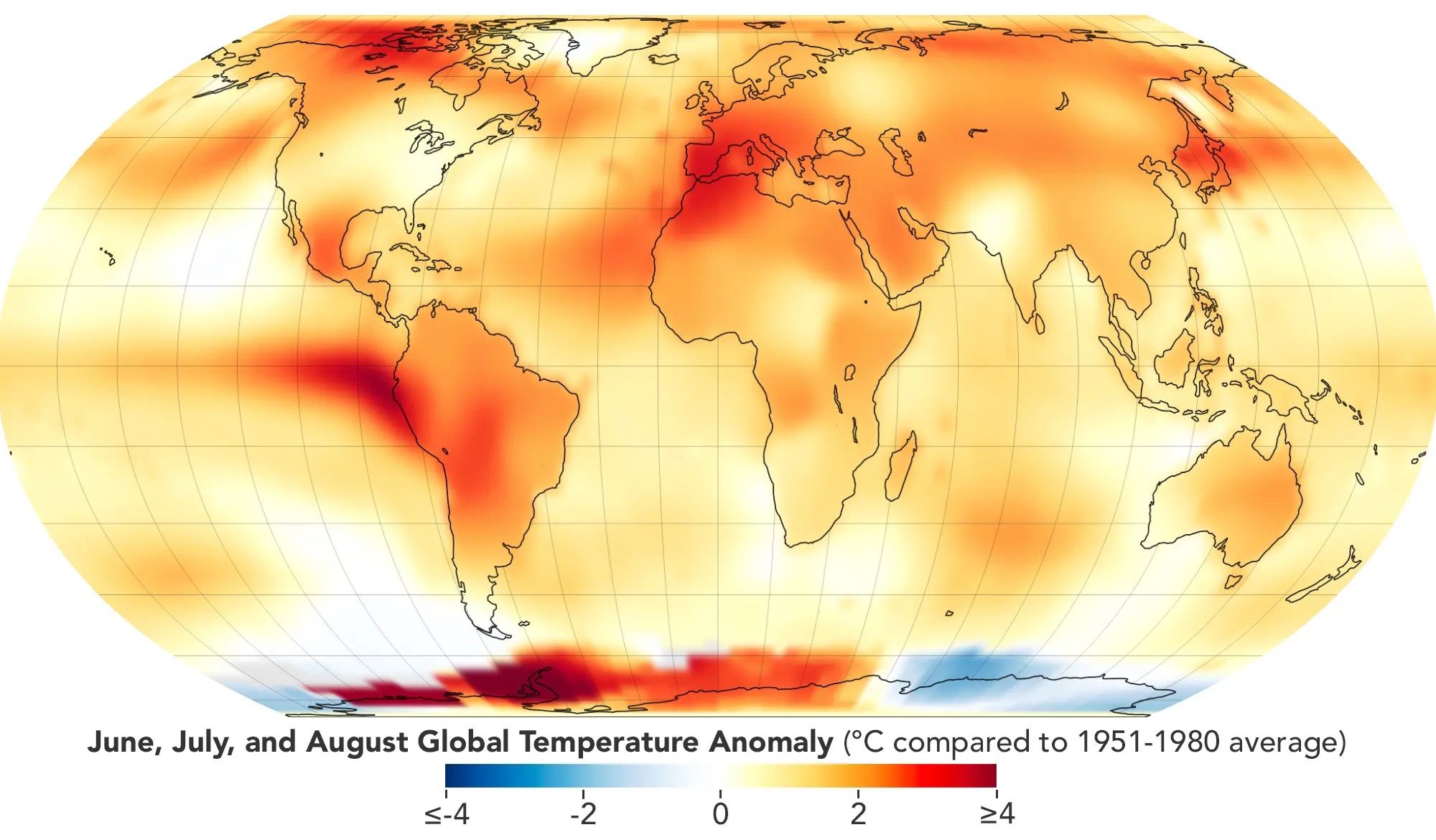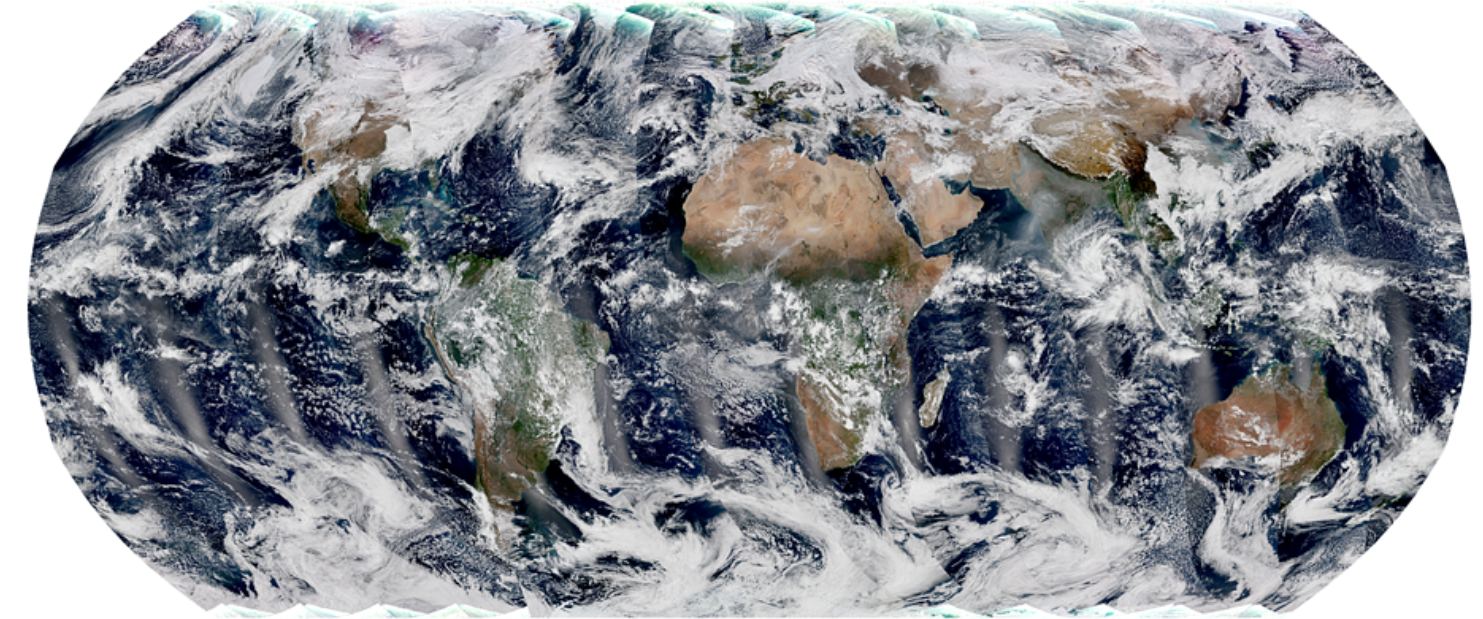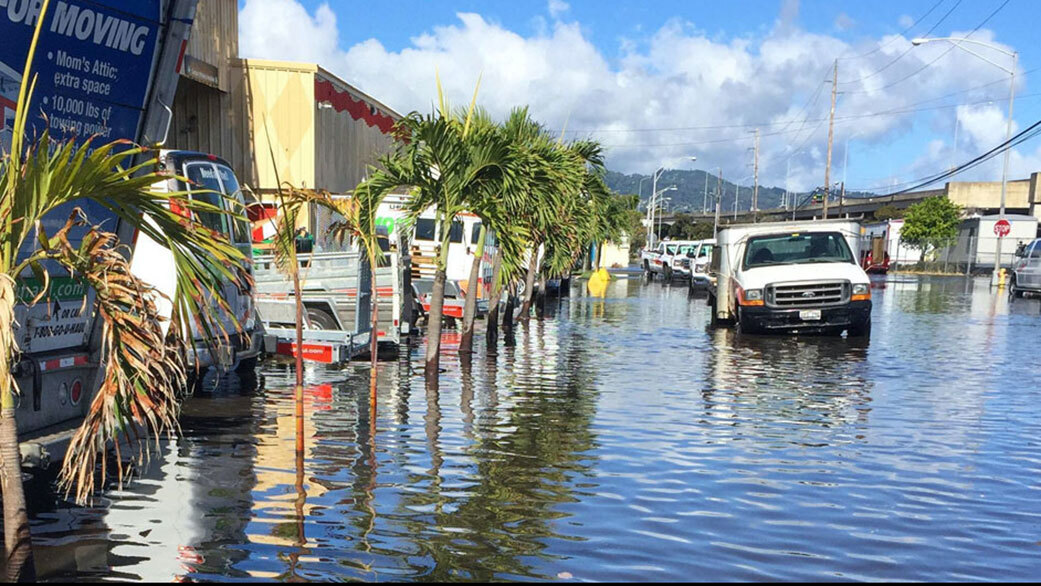Climate change is a huge topic and often debated across the world. We continue to burn fossil fuels and ignore our charge toward human driven climate change but while our behaviour never seems to improve, something else does! For the last few decades we have been pumping chlorofluorocarbons into the atmosphere causing a hole in the ozone layer to form. Thanks largely to worldwide regulation changes and a reduction in the use of these chemicals, the hole it seems is finally starting to get smaller.
Continue reading “Good News, the Ozone Layer Hole is Continuing to Shrink”Good News, the Ozone Layer Hole is Continuing to Shrink




